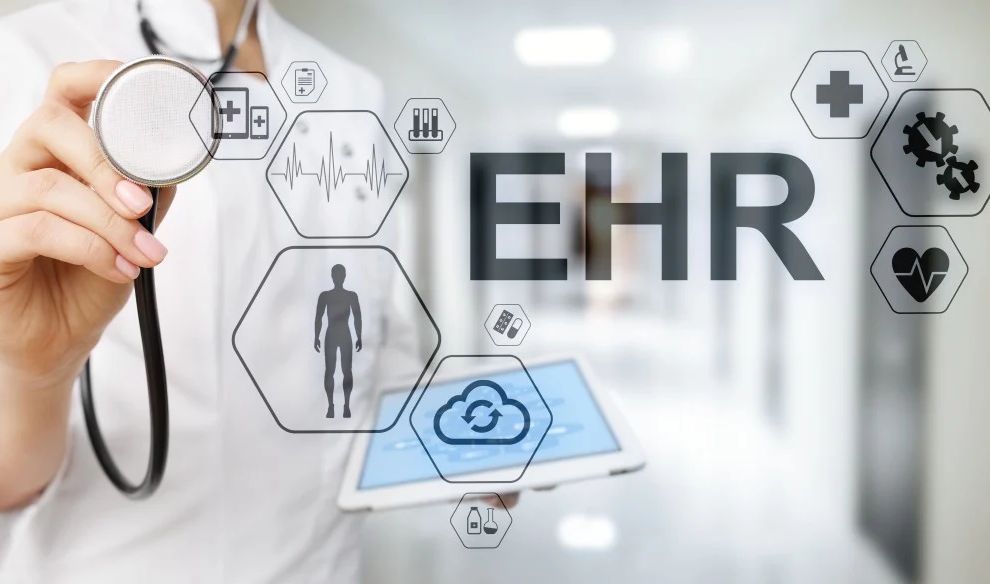Keywords: Electronic Health Records, Cost Reduction, Patient Results, Healthcare Efficiency, Systematic Analysis, Health IT
Highlights
Background:
Electronic Health Record (EHR) systems have become fundamental to modern healthcare, significantly contributing to enhanced care delivery, cost reduction, and improved patient outcomes. With the growing implementation of EHRs across diverse healthcare environments, there is a timely opportunity to assess their overall impact and identify potential challenges.
Objective:
This study aims to systematically examine how EHR systems influence healthcare costs and patient outcomes. By synthesizing findings from peer-reviewed research, it seeks to highlight the benefits, obstacles, and overall effectiveness of EHRs in managing healthcare.
Methodology:
A systematic review was conducted to identify relevant studies published from 2019 onward. Comprehensive searches were performed across major databases such as PubMed, Google Scholar, and Scopus. Studies meeting predefined inclusion and exclusion criteria were selected, and data were extracted using a standardized protocol. The quality of included studies was assessed with tools like AMSTAR, the Cochrane Risk of Bias tool, and the Newcastle-Ottawa Scale.
Results:
The review found that EHR systems positively impact healthcare costs by streamlining operations, reducing administrative workload, and minimizing errors. They also enhance patient outcomes by supporting better care coordination, decreasing medication errors, and aiding clinical decision-making. Nonetheless, challenges such as high implementation costs, insufficient training, and resistance to change were noted as barriers to broader adoption.
Conclusion:
EHR systems are pivotal in advancing healthcare efficiency, lowering costs, and improving patient care. Despite existing hurdles, the evidence underscores the value of continued adoption and refinement of EHR technologies. Future research should aim to overcome these barriers and further explore the potential of EHRs to optimize healthcare delivery across various settings.






























